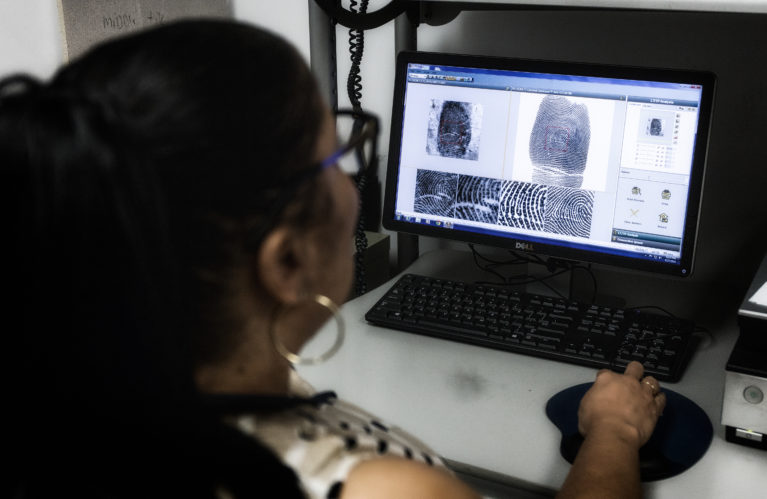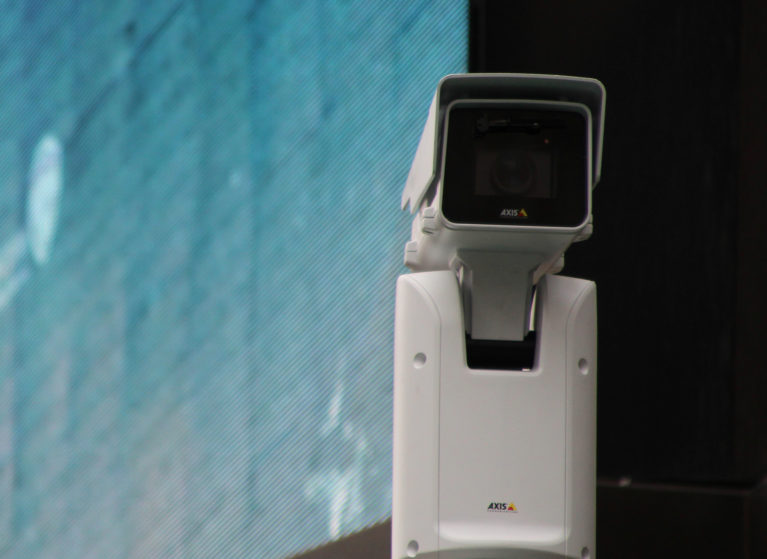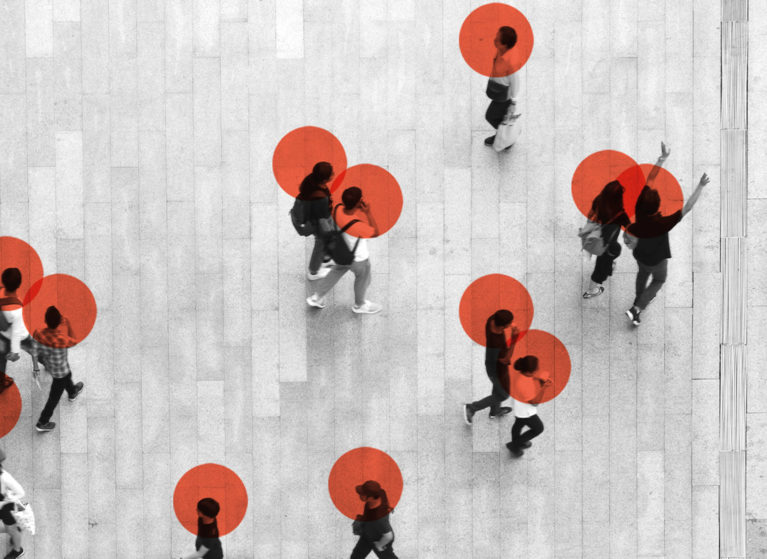Facial recognition / Police surveillance technology
Liberty responds to new facial recognition guidance
Posted on 03 Dec 2020
- Surveillance Camera Commissioner outlines steps police must take
- Liberty won world-first court case against police use of surveillance tech
- Facial recognition “oppressive by design” and should be banned, says Liberty
Liberty has responded to new guidance issued on police use of facial recognition technology, renewing its call for an outright ban on the use of the surveillance tool in public spaces.
The Surveillance Camera Commissioner, an independent regulator, published the 72-page guidance on 3 December, outlining the extensive steps he believes police would have to take to lawfully use facial recognition.
The guidance is intended to take account of the ground-breaking legal victory Liberty won against police use of the technology earlier this year, but the rights group argues there is no way police can use the technology which doesn’t threaten our rights.
Emmanuelle Andrews, Policy and Campaigns Officer at Liberty, said: “Just a few months ago the Court agreed that this dystopian surveillance tool violates our rights and threatens our liberties. Facial recognition will turn our public spaces into open-air prisons, destroying our privacy and subjecting us all to greater monitoring and control.
“Facial recognition is oppressive by design. It is also discriminatory in how it operates and will only enhance the over-policing of people of colour.
“During a global pandemic, when public trust has been eroded by confused communications and overzealous enforcement, the Government and police should not be searching for loopholes to promote a technology that threatens our fundamental rights. It should be banned.”
In August 2020, the Court of Appeal agreed with Liberty’s arguments on behalf of Cardiff resident Ed Bridges, finding that the legal framework relied upon by South Wales Police to use facial recognition does not protect our rights. The Court also found that South Wales Police had failed to adequately take account of the discriminatory impact of facial recognition technology, and had failed to meet its obligations under equality laws and data protection laws.
The Metropolitan Police began regularly using facial recognition earlier this year, despite a review of its own trials finding the technology may be unlawful for similar reasons to those raised by Liberty.
Liberty has been campaigning for a ban on the use of facial recognition technology in public, and has a live petition which has been signed by nearly 50,000 people.
Contact the Liberty press office on 020 7378 3656 / 07973 831 128 or pressoffice@libertyhumanrights.org.uk
I'm looking for advice on this
Did you know Liberty offers free human rights legal advice?
What are my rights on this?
Find out more about your rights and how the Human Rights Act protects them
Did you find this content useful?
Help us make our content even better by letting us know whether you found this page useful or not



